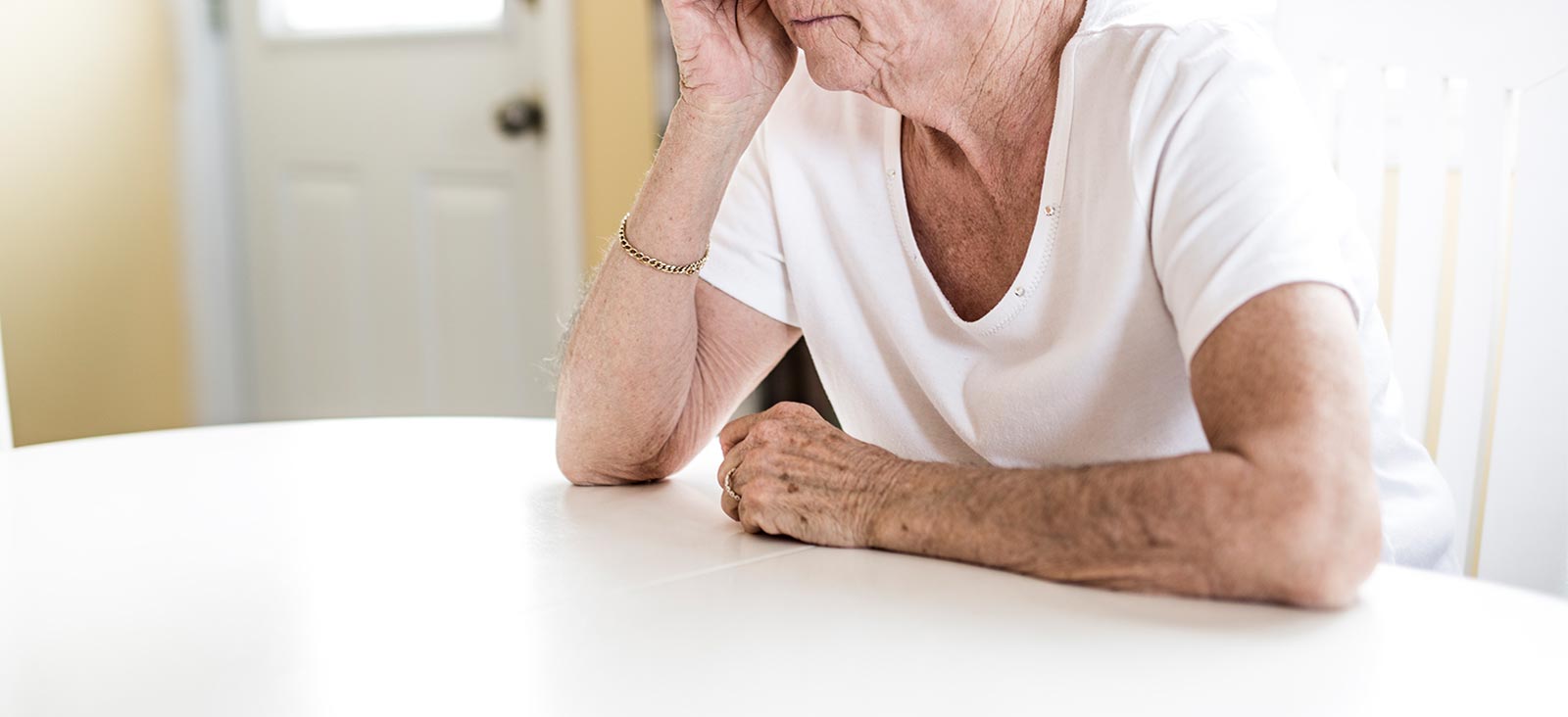What Is Myocarditis?
Myocarditis is a condition in which the myocardium – the muscular fibers of the heart’s three layers of tissue – becomes inflamed. The myocardium is responsible for contracting to pump blood throughout the body and then relaxing as the heart refills with returning blood.
UT Southwestern’s experienced cardiologists carefully diagnose and treat myocarditis. Our team of experts works closely with patients and their families to choose the most appropriate treatment to improve quality of life and limit heart damage.
What Causes Myocarditis?
Myocarditis can be caused by conditions that include:
- Infection (viral, bacterial, or fungal)
- Autoimmune conditions (for example lupus or sarcoidosis)
- Drug side effects
- Genetic conditions
- Other unknown causes (idiopathic)
What Are Symptoms of Myocarditis?
Symptoms of myocarditis include:
How Is Myocarditis Diagnosed?
UT Southwestern cardiologists might perform several tests to diagnose myocarditis, which can be difficult to detect. Common diagnostic tests include:
- Blood tests to look for signs of inflammation, heart damage, genetic testing, and the presence of antibodies targeting the heart muscle
- Echocardiography (echo or cardiac ultrasound) to see the size and strength of the heart and determine if the heart muscle is weak, or the heart is enlarged
- Electrocardiogram (ECG or EKG) to assess the heart rhythm to determine the size and function of the atria and ventricles (upper and lower chambers of the heart)
- Cardiac magnetic resonance imaging (MRI) to evaluate the size and strength of the heart. Cardiac MRI can also evaluate for inflammation and patterns of injury that may indicate the cause of myocarditis
- Cardiac positron-emission tomography (PET) scan to evaluate the pattern and degree of heart inflammation, which can guide the choice of medicines
- Biopsy of heart muscle: A tissue sample to look for rare and reversible causes of myocarditis (rare)
What Are Treatments for Myocarditis?
Treatments for myocarditis include:
- Analgesics or anti-inflammatory drugs to relieve pain
- Medicines to reduce the amount of heart injury
- Diuretics to remove fluid from the lungs and legs
- Low-salt diet to help prevent fluid buildup
- Medicines to reduce the immune system (rare)
What Support Services Does UT Southwestern Offer?
UT Southwestern’s cardiac rehabilitation specialists create customized plans that integrate proper nutrition, exercise, and, if necessary, nicotine cessation into patients’ lifestyles to improve their cardiovascular health.
What Clinical Trials Are Available for Myocarditis?
As one of the nation’s top academic medical centers, UT Southwestern offers a number of clinical trials aimed at improving the outcomes of patients with cardiovascular disease.
Clinical trials often give patients access to leading-edge treatments that are not yet widely available. Eligible patients who choose to participate in one of UT Southwestern’s clinical trials might receive treatments years before they are available to the public.






